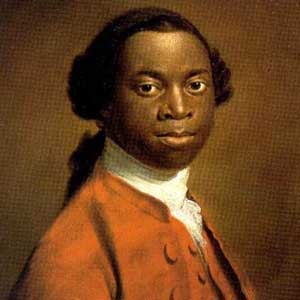Black history to be taught in school as part of curriculum

Radical changes to the secondary school timetable will be introduced next week when England's three million secondary school pupils return to the classroom.
Key alterations include more emphasis on the study of black Britons and other ethnic minority groups in the history curriculum.
Youngsters will be told they should study topics such as the abolition of slavery in the British Empire and the work of reformers such as William Wilberforce, the MP who campaigned for its abolition, and Olaudah Equiano.
Equiano was one of the most prominent people of African heritage in the British debate for the abolition of slavery. A former slave himself, he managed to buy his freedom and work as a seaman, merchant and explorer before writing an autobiography depicting the horrors of slavery.
Teachers are told they should "brainstorm" issues such as slavery, asking questions such as "did slaves have rights?" and "does slavery exist in the world today?"
However, curriculum planners are anxious that the subject should not just portray ethnic minority groups as victims during history lessons. Topics on the Civil Rights Movement in the US, Mughal India and the arrival of the British in India will also be included.
The aim of the latter is to show that civilisation did not just begin with Britain and the rest of the Western world in the 19th century.
A spokesman for the Qualifications and Curriculum Authority, the national curriculum watchdog, said: "The national curriculum for history gives pupils the opportunity to explore the social, cultural, religious and ethnic diversity of various societies."
Traditionalists have criticised the curriculum content for specifying characters such as Wilberforce and Equiano by name while omitting mention of noted politicians such as Sir Winston Churchill.
Michael Gove, the shadow Secretary of State for Children, Schools and Families, has said: "Winston Churchill is the towering figure of 20th-century British history. His fight against fascism was Britain's finest hour. Our national story can't be told without Churchill at the centre."
However, the QCA argues that there is still a strong emphasis on the study of the Second World War – and that teachers are sufficiently intelligent to realise they cannot teach the topic without mentioning Churchill's role in it.
It points out that Hitler is missing too, and that it would be impossible to teach the topic without mentioning him either.
Subscribe to Independent Premium to bookmark this article
Want to bookmark your favourite articles and stories to read or reference later? Start your Independent Premium subscription today.

Join our commenting forum
Join thought-provoking conversations, follow other Independent readers and see their replies